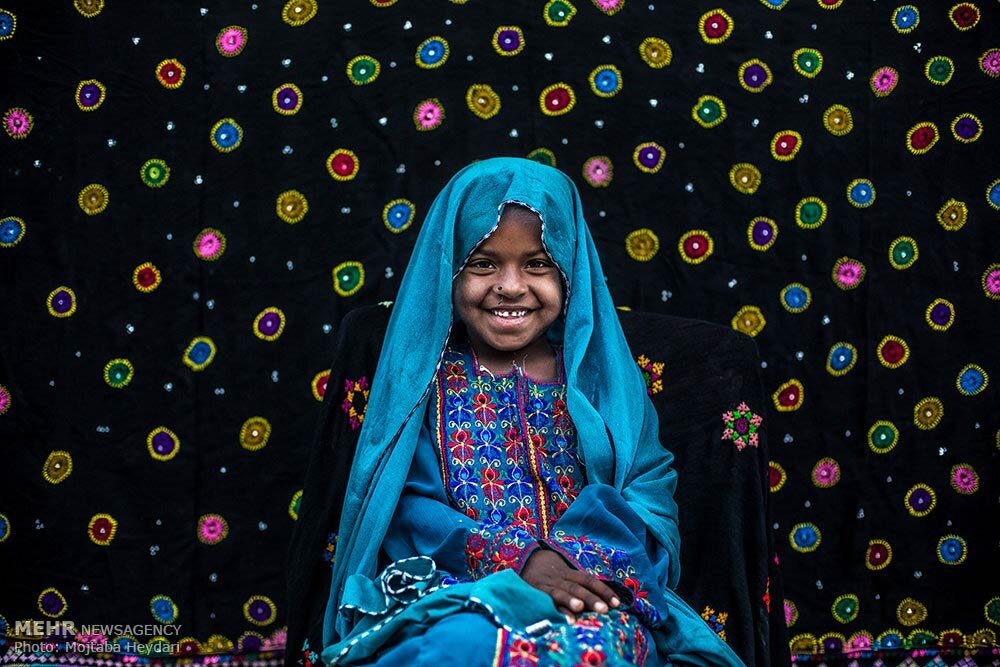Atlas created to amass traditional clothing of Sistan-Baluchestan region

TEHRAN – An atlas has been created to collect traditional clothing and attires of people who are native of the southeastern Sistan-Baluchestan province.
“Having completed a comprehensive study on the subject, the data have been entered into the software for the atlas of ethnography of the country,” Anthropology Research Institute Director Alireza Hassanzadeh said on Sunday.
From the dawn of history, people have dressed differently according to their geographical location, environment, way of life, wars, political beliefs, and economic conditions, Hassanzadeh said, ISNA reported.
To preserve indigenous traditions and original clothing, it seems vital to revive indigenous clothing and its effectiveness today, he added.
Recording relevant data seems vital to reaching this goal, which the institute has previously done in different regions such as Kerman, Yazd, and Khorasan, he noted.
The collective province -- Sistan in the north and Baluchestan in the south -- accounts for one of the driest regions of Iran with a slight increase in rainfall from east to west, and an obvious rise in humidity in the coastal regions. In ancient times, the region was a crossword of the Indus Valley and the Babylonian civilizations.
The province possesses special significance because of being located in a strategic and transit location, especially Chabahar which is the only ocean port in Iran and the best and easiest access route of the middle Asian countries to free waters. The vast province is home to several distinctive archaeological sites and natural attractions, including two UNESCO World Heritage sites, namely Shahr-e-Soukhteh (Burnt City) and Lut desert.
ABU/AFM
